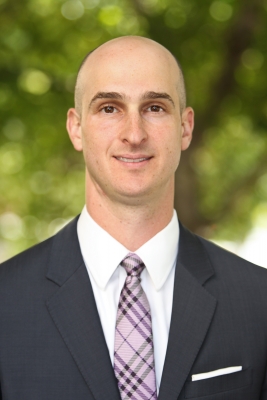Principal Investigator: Rob Zako, University of Oregon
Project Overview: Effectiveness of Transportation Funding Mechanisms for Achieving National, State, and Metropolitan Economic, Health, and Other Livability Goals
Learn more about this research by viewing the two-page Project Brief; download the toolkit co-published with T4A, related presentations and the full Final Report on the Project Overview page. Hear firsthand from the PI by watching the post-webinar recording here.
FEBRUARY 2018 UPDATE
The full final report on this project is now published. The final report offers a comprehensive look at six case study states' strategies to ensure they are delivering value to taxpayers in a transparent process.
SEPTEMBER 2017
What do Americans get in return for their transportation investments? It’s a simple enough question on the surface, but digging for an answer yields a gnarled knot of...
Read more

